Celebrations, Canines, And Cups
Most of us enjoy an alcoholic drink every once in a while. We all know how alcohol affects our body, but its effects on our canine companions are different because of their lower body weight.
Alcohol poisoning takes place when a dog drinks 5-8 ml of alcohol per kilo of body weight. We're not talking about ml of whiskey or wine, but ml of alcohol. Let's do some math here. Whiskey may contain up to 70 percent alcohol, which means that 30 ml contains 21 ml of actual alcohol. That's more than enough to severely poison a 3-4 kg Chihuahua. Wine is about 10 percent alcohol and beer is around 5 percent alcohol.
While canines may not voluntarily drink straight spirits, they may lap them if mixed with soda. Moreover, the creamy liqueurs available today can be very appealing to a dog.
Bread dough is a less common cause of alcohol poisoning. However, if a dog consumes bread dough, alcohol forms due to fermentation in the gastrointestinal tract. In January 2008, a 40 kg Labrador Retriever in Austria was hospitalized. He was staggering, vomiting, and smelled like a brewery. He hadn't raided his owner's bar fridge, but his blood alcohol level was 1.6 mg per 100 ml because he had eaten half a kilogram of fresh yeast dough. The dough had fermented in his stomach, producing alcohol and symptoms of poisoning.
Alcohol poisoning symptoms are quite unclear, as they can be characteristic of many illnesses. However, your dog will probably smell like alcohol. Depending on how much food is in the stomach, symptoms manifest within an hour and aren't too different from those of a drunk person – sluggish responses, unsteady on the feet, and either depression or excitement. Your dog can stay like this for a day or two, but if he has drunk enough, his breathing will slow down and it can even lead to a heart attack or coma and cardiac arrest.
Early treatment of alcohol poisoning usually brings positive results. Treatment is supportive and non-specific. Activated charcoal can prevent more alcohol absorption and an intravenous drip rehydrates and encourages the excretion of alcohol.
Alcohol poisoning in canines is a completely avoidable illness. Keep your alcoholic drinks out of your dog's reach and don't give him any alcohol "just for fun". If you like making breads and doughs, don't let him in the kitchen.

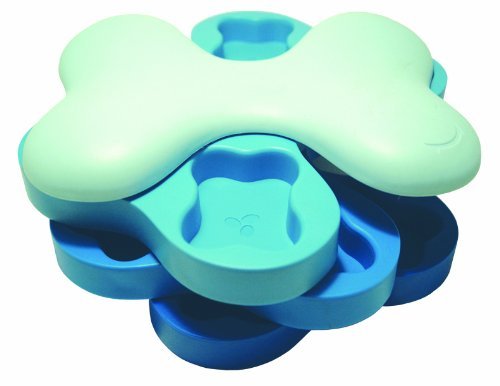 Five Ways to Stop Dog Barking When You Leave Your Pet Alone
Many dog owners are surprise
Five Ways to Stop Dog Barking When You Leave Your Pet Alone
Many dog owners are surprise
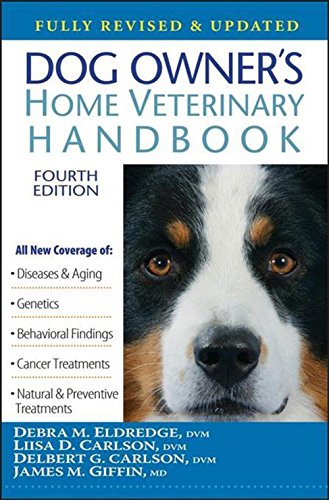 Top 10 Healthiest Dog Breeds
Woof!No other animal has aid
Top 10 Healthiest Dog Breeds
Woof!No other animal has aid
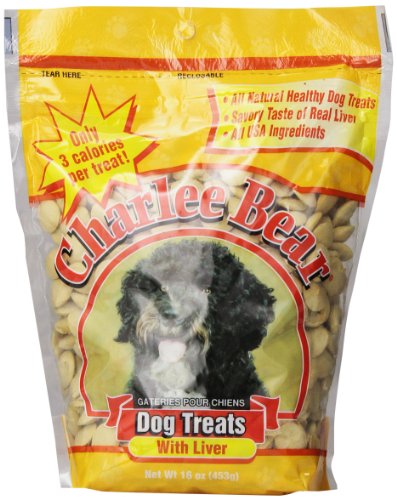 Starting Puppy Training
Credit: nnne
Starting Puppy Training
Credit: nnne
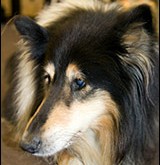 Dogs and Glaucoma
Dogs and Glaucoma
Dogs and Glaucoma
Dogs and Glaucoma
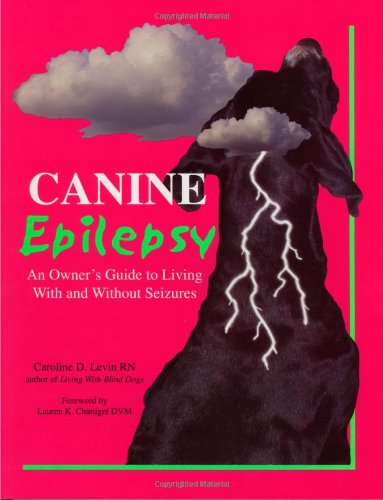 Seizures in Dogs, Canine Seizures
Seizures, Are Very Common In The Pug BreedMy Black Pug
Seizures in Dogs, Canine Seizures
Seizures, Are Very Common In The Pug BreedMy Black Pug